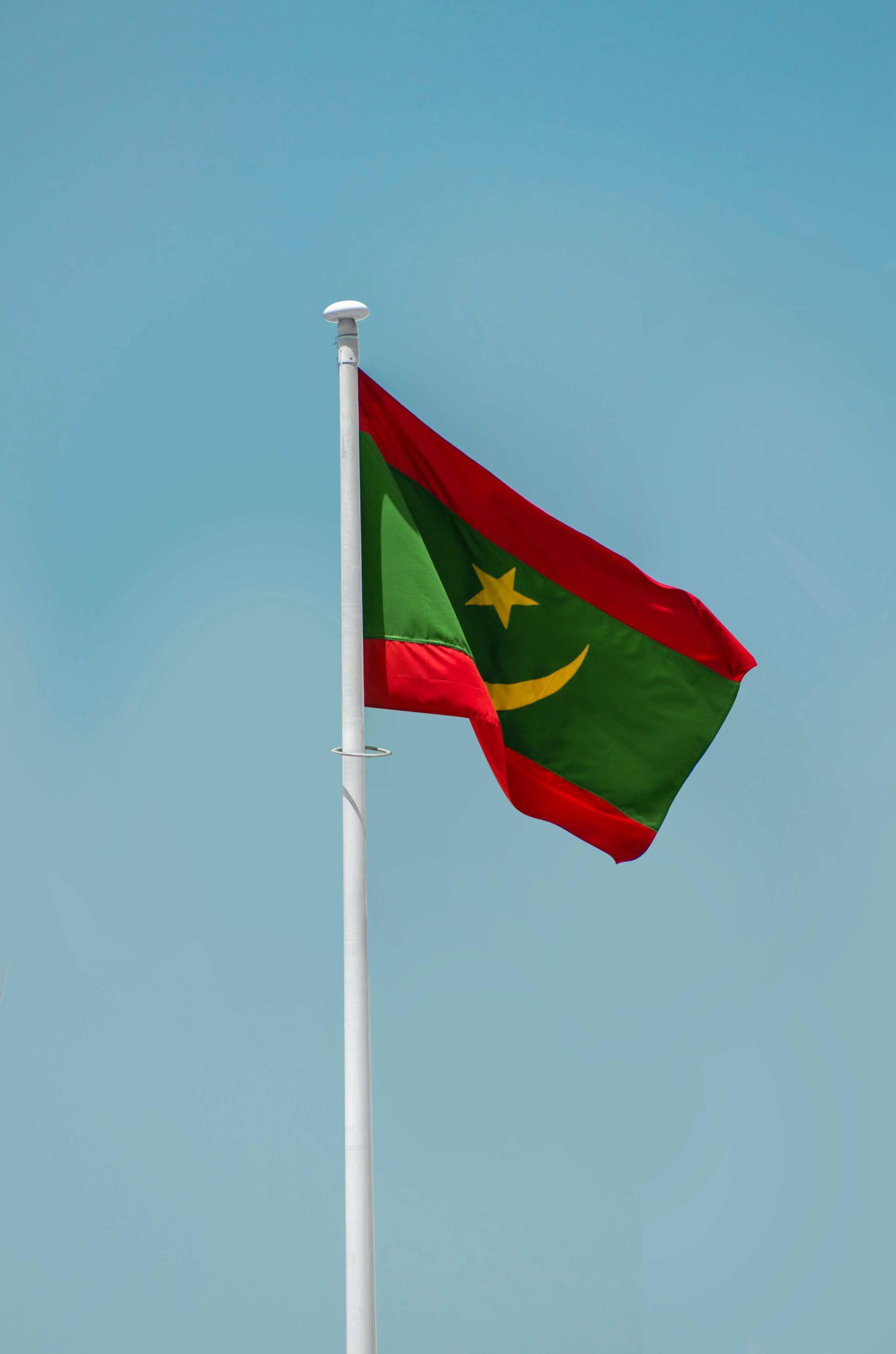In the heart of Mauritania, the story of Mariya Oubed paints a distressing picture of the continued presence of the death penalty, especially for charges like blasphemy. A 19-year-old high school student, Mariya faces the grim prospect of being sentenced to death over an exam paper she submitted, deemed disrespectful to Prophet Muhammad, the founder of Islam.
What is unsettling about Mariya’s case is not just the severity of the punishment she might face but also the circumstances surrounding her trial. Accused of “disrespect and mockery of the Prophet,” Mariya’s family insists that she suffers from mental health issues. Despite their pleas for understanding and forgiveness, the Mauritanian authorities remain unyielding. Such an extreme reaction is especially concerning given the absence of transparency regarding the specific details of what Mariya allegedly wrote.
Recent years have seen Mauritania fortifying its blasphemy laws. The clause that once allowed offenders to escape the death penalty upon showing remorse has been obliterated. However, despite the harshness of these laws, no one has faced execution for blasphemy in over 30 years, suggesting a latent understanding of its extremity.
The role of ethnicity and social class cannot be ignored either. Al-Quds al-Araby highlights that Mariya hails from the Haratin ethnic group, descendants of slaves of sub-Saharan origin. One can’t help but wonder if biases rooted in socio-cultural hierarchies played a part in her arrest.
In a broader perspective, Mauritania’s death penalty laws are severely outdated. While the country has maintained a de facto moratorium on the death penalty since 1987, a staggering 29 crimes still warrant a death sentence. Presently, 123 individuals, including Mariya, await their fate on death row.
The global sentiment on the death penalty has experienced a paradigm shift. With 115 states, including 19 member states of the Organization of Islamic Cooperation, abolishing the death penalty either for all crimes or ordinary ones, the narrative is clear: the death penalty is neither a deterrent nor justice. It doesn’t bolster societal safety, nor does it resonate with the global push towards safeguarding human rights.
Mauritania should reconsider its stance on the death penalty in light of this worldwide trend. Moreover, countries and members of the Organization of Islamic Cooperation and other global organizations should actively encourage Mauritania to embrace justice, mercy, and human rights above all. Mariya Oubed’s case should not just be a focal point for debate but a catalyst for change. It’s high time that Mauritania aligns itself with the growing league of nations prioritizing human rights and justice.
Image Credit: aboodi vesakaran on Unsplash




